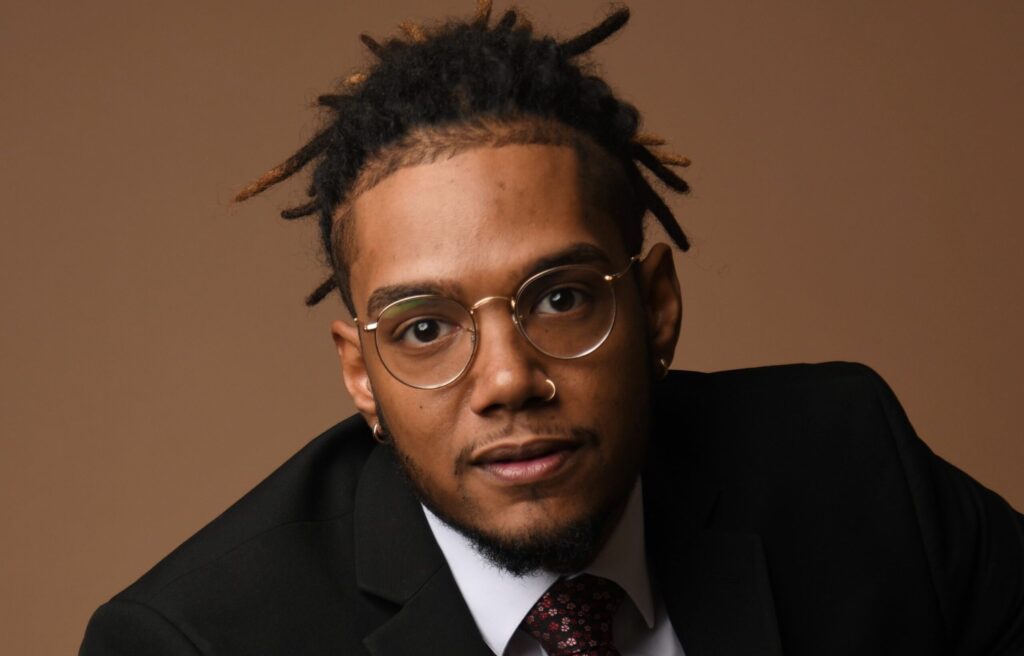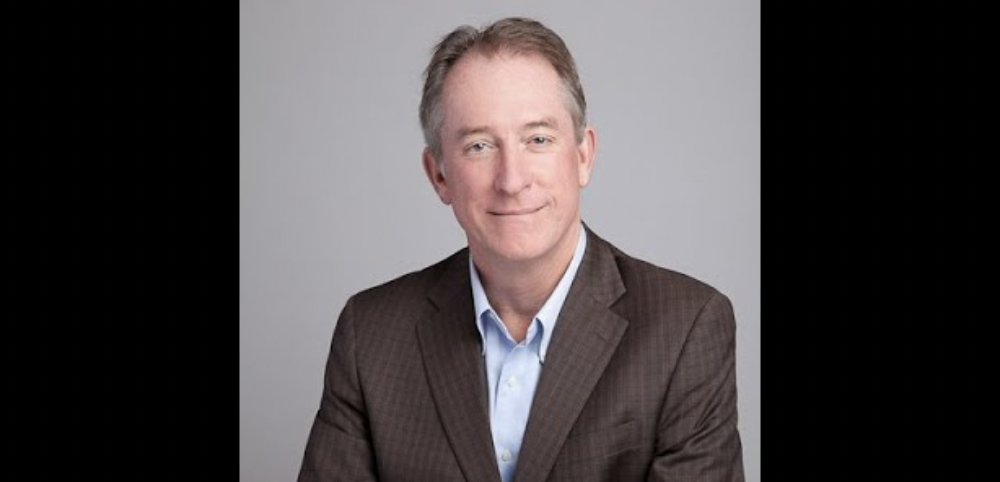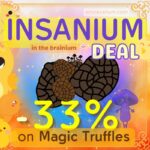With the sun at its peak, it’s the perfect time to sit back, relax, and enjoy a cold glass of iced magic mushroom tea. Yum! And if you’re a seasoned psychonaut, there’s plenty going on this summer. Take the rise of the psychedelic renaissance, for instance: where shrooms and magic truffles are finally getting their due from both scientists and lawmakers. Recent studies have shown high doses of psychedelic compounds, such as psilocybin from magic mushrooms and truffles, to be just as effective and long-lasting as antidepressants.
Just in time for the Summer Solstice, the brightest minds in the field have gathered in Vermont to talk about the psychedelic journey so far. Including what breakthroughs might come up next in the age of magic…
2022 Psychedelic Science & Spirituality Summit
The first-ever Psychedelic Science & Spirituality Summit took place on June 20 to 21 of this year in Stowe, Vermont. Dubbed as the gathering of experts “where science and spirituality find synchronicity in community”. The conference was also meant to celebrate the Summer Solstice in-person, with like-minded individuals. Pretty big deal after two years of Zoom calls in lockdown, don’t ya think?
The event was organised by Dr. Rick Barnett, who founded the non-profit organisation CARTER, Inc. in 2015 to build addiction-related resources in Vermont. After hearing about the latest studies of psilocybin as treatment for depression, the licensed clinical psychologist, alcohol and drug counsellor was impressed.
Barnett told Volteface:
“Now you’re showing with psilocybin, a drug that you don’t have to take every day with a therapy that you don’t have to go to every week. They are showing that after 12 months, a 75% response rate and a 58% remission rate. That to me is both astounding, in a positive way and…comparable to classic psychotherapy or pharmacotherapy.
“They are clearly demonstrating that it is at least as good but likely even better than what we currently have.”
Psychedelic Society of Vermont
The Psychedelic Society of Vermont had one vision in mind: to use psychedelics as a way to bridge the gap between science and spirituality. It’s a gathering of health experts with a shared understanding of psychedelics. Not just for recreation but as a legit medical game-changer.
As their website says:
“We are a group of health professionals committed to healthy living, health education, and conscientiousness when considering the use of psychedelic substances.
“Our purpose is to provide a safe and confidential space to raise awareness and share meaningful experiences in the expanding field of psychedelic research, training, and clinical practice.”
Although their recorded talks are not yet available for public viewing, we’ve listed all the guests for you to check out, anyway. Starting with a physician’s view on the Psychedelic Renaissance, to the future of psychedelics in mainstream medicine. It ends with a very special guest speaker: two years out of prison, the Acid King himself…
Let’s take a look back at the Summit’s guest speakers, shall we?
Whistle-Stop Tour of the Psychedelic Renaissance

The first talk in the Psychedelic Science & Spirituality Summit was given by Dr. Ben Sessa, called “A Whistle-Stop Tour of the Psychedelic Renaissance”. In the past decade or so, Sessa has been both a study doctor who administers doses of psilocybin, LSD, MDMA, DMT, and ketamine — and a test subject who receives them. This experience has placed him in a unique position when it comes to researching psychedelics.
In an interview with The Third Wave Podcast, Dr. Sessa shared what sets psychedelics apart from other mental health treatments:
“If you look at the psycho-spiritual experience that we see so commonly, 80-90% of people on classic psychedelics, first-time threshold dose of LSD, psilocybin, will report talking to God, spiritual experience, breakthrough, peak experience, oceanic boundlessness. All this kind of seeing the white light psycho-spiritual experience.”
Recently in Bristol, Dr. Sessa conducted the world’s first clinical study using MDMA-assisted talk therapy to treat alcohol addiction. He often speaks out against the prohibition of drugs, pointing out that having a “more progressive policy of regulation” would limit overdoses, encourage access to services, and open more doors for psychedelic research.
Psychedelics & The Shadow of Race

The next talk was given by Victor Cabral, MSW, LSW, called “Psychedelics and the Shadow of Race”. Cabral was born in Rio Piedras, Puerto Rico to immigrant parents from the Dominican Republic. At age seven, he moved to Reading, Pennsylvania with his family, where he experienced racism for the first time. At school he was bullied for his heritage; his grades plummeted as a result. With the help of sports, close friends, and family, Cabral rose above his struggle as he grew older and made a promise to help others in his community.
Today, Cabral is Director of Policy and Regulatory Affairs at Fluence Training. He credits psychedelics as playing a huge part of his healing journey. Aiming to use it as a way to heal “generational trauma”: the pain inherited from one’s ancestors.
He explained to witf.org:
“I’m talking about our indigenous ancestors from the continent of Africa, or from the Caribbean, or from South America. Their use of these medicines over thousands of years, to heal their communities to be in balance with nature, etc.
“That’s usually a good way to start to explain what is the purpose of these medicines, what is their origin, and I think that opens up the conversation a little bit more.”
Future of Psychedelics in Mainstream Medicine

The third guest speaker was Charles Raison, MD, whose talk dived into the “Future of Psychedelics in Mainstream Medicine”. He is known globally for his studies on novel mechanisms in the development and treatment of major depression, anxiety, and PTSD. He has served as a mental health expert for CNN.com for several years.
Dr. Raison is Professor at the Department of Psychiatry, School of Medicine and Public Health at the University of Wisconsin-Madison. Recently, he has been at the forefront of developing psychedelic therapies for major depression.
In an interview with Forbes, Dr. Raison shared his support for psychedelics as a way to treat mental health conditions:
“It’s one of the things that psychedelics do to people, that seems to then produce a long-term antidepressant response.”
Education & Training in the Psychedelic Space
The next speakers were the co-founders and hosts of Psychedelics Today, Kyle Buller, MA and Joe Moore. As part of their mission, the Training Access Fund gives clinicians access to courses in using psychedelics, such as magic mushrooms, for therapy. The two psychonauts’ talk was called “Education and Training in the Psychedelic Space”.
When he was 16, Buller had a near-death experience during a snowboarding accident. The event changed his life and sparked an interest in Transpersonal Psychology, shamanism, plant medicine, Holotropic Breathwork, and psychedelic talk therapy.
He spoke of the need for training to Newswires:
“It is a crucial time for the psychedelic movement, with more interest in and attention on psychedelics for healing and betterment than ever before. The demand for skilled, informed, and experienced practitioners will continue to rise…
“The rewards…are circular; donors will gain access to the most engaged, qualified audience in the space; students who may not have been able to afford training will become educated; and the movement will grow richer, stronger, and safer.”
Moore has been a scholar of Dr. Stanislav Grof’s ideas, the founder of transpersonal psychology, since he was a philosophy student in 2001. After some time, Moore organised the Ayahuasca Monologues in Boston, and facilitated legal magic mushroom sessions in Jamaica.
He echoed the Buller’s sentiment to Newswires:
“We believe that fair access to psychedelic medicine begins with fair access to essential education and training.
“We designed this fund to support the next generation of clinicians and wellness practitioners, and to create an opportunity for leaders to contribute…at the grassroots level.”
Psychedelics & Mystical Experience in Therapeutics
As one of the world’s most published scientists on the human effects of psychedelics, Dr. Matthew Johnson gave a talk on “Psychedelics and Mystical Experience in Therapeutics”. He has worked with psychedelics since 2004. As well as co-publishing the largest study of psilocybin for the treatment of cancer distress in 2016. He now works at Johns Hopkins as Professor of Psychiatry and Behavioural Sciences.
Dr. Johnson shared an open secret with WDSU.com:
“One of the most interesting things we’ve learned about the classic psychedelics is that they have a dramatic effect on the way brain systems synchronise, or move and groove together.
“When someone’s on psilocybin, we see an overall increase in connectivity between areas of the brain that don’t normally communicate well. You also see the opposite of that — local networks in the brain that normally interact with each other quite a bit, suddenly communicate less.”

Role of Community in Psychedelic Healing
The next talk, called “The Role of Community in Psychedelic Healing”, was given by Dr. Caroline Dorsen. An assistant professor at the NYU Rory Meyers College of Nursing and a researcher with the Centre for Drug Use and HIV/HCV Research. Along with her team, Dorsen published a study interviewing 15 individuals who have guided ayahuasca and psilocybin rituals for thousands of people.
In an interview with Reality Sandwich, Dr. Dorsen stressed the link between psychedelics and human connection:
“I think one of the ways that psychedelics may work is helping us feel more connected to each other, to ourselves, and to the planet. When you feel part of a bigger plan, world, and universe, you feel less alone. And, you are more likely to have meaning in your life.”
Psychedelics are one part of Dr. Dorsen’s research, which is rooted in reducing gaps in underserved communities, such as new immigrants, drug users, the homeless, and the LGBTQ+ minorities. Her work on drug use sparked an interest in ayahuasca, which led to her study on psychedelic therapy.
What Modern Medicine Can Learn From Psychedelics
In a talk called “What Modern Medicine Can Learn From Psychedelics”, Dr. Franklin King touched on the best ways to use psychedelic-assisted talk therapy to treat a host of chronic conditions, such as depression and anxiety. He is currently the director of training and education at the Mass General Center for the Neuroscience of Psychedelics, and a clinical instructor at Harvard Medical School.
Dr. King spoke of the need to include psychedelics in modern medicine in an interview with Conncoll.edu:
“There’s a crisis of mental illness in this country, and [the] crisis necessitates new ways of thinking.
“The fundamental treatment model within psychedelic-assisted therapy is not that there are things that need to be suppressed; it’s that there are things that need to be expressed.”
History & Future of Psychedelics: Underground to Overground

The last, but certainly not the least, of all speakers was Leonard Pickard, aka the “Acid King”, who spoke about the “History and Future of Psychedelics: Underground to Overground”. What better icon to trace the trajectory of psychedelics from its groovy origins, to the War on Drugs, to its promising future in medicine, than Pickard? You may recall his historic release from prison on July 27th 2020. A timely escape from having to serve two life sentences for conspiracy to manufacture LSD — the biggest psychedelic case to date!
Pickard revealed in an interview with thepsychedelicrenaissance.com:
“People may not realise the strength and depth of the collective experience — one can go from a light-hearted experience to a confrontation with God…Challenges [may arise] when people act in untoward ways because they don’t understand the severity of the compounds.”
The bestselling author of The Rose of Paracelsus, one of the most beloved books on psychedelics of all time, has continued his research into drugs and altered states. Pickard also now works as a paralegal, with a special focus on defending the Hispanic community’s rights.
Just the Tip of the Iceberg
So, there you have it!
The first ever Psychedelic Summit in Vermont has shown that we’ve only just seen the tip of the trippy iceberg. As the guest speakers have pointed out, recent studies on psychedelic-based therapy have opened the doors for those who live with depression, anxiety, and PTSD — but for whom traditional antidepressants have had no effect whatsoever. Indeed, forty years after the launch of Prozac, the latest findings on psychedelic-based therapy have shaken up the way we treat depression, anxiety, and PTSD, and addiction.
Once, psychonauts and psychiatrists had been divided into “doobie-totin’ magic mushroom hippies” and Freudian squares, respectively. Today, the new era of psychedelic discovery has joined the two factions together.


 INSANIUM Deal
INSANIUM Deal 

 Combo deals >
Combo deals >

 Strength up to 110/100
Strength up to 110/100 
 %
%
 500 gr.
500 gr. 
